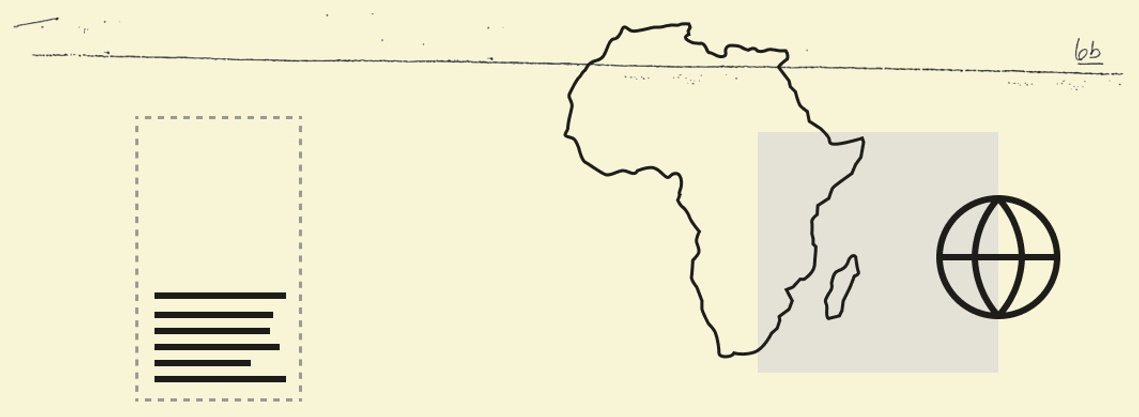 Governance  Reuters/Charles Platiau Reuters/Charles Platiau🇨🇲 Cameroon’s President Paul Biya on Tuesday announced changes in the country’s defense forces with new appointments, a day after returning from a long stay abroad, according to several decrees read on state radio. His non-appearance in public for more than a month had sparked speculation about his health. Economy🇷🇼 Rwanda will have access to $185 million in funding from the IMF upon completion of a fourth review by the fund’s executive board. 🇸🇴 Somalia has unveiled the Badmaal marine welfare project funded by the World Bank to the tune of $50 million in a bid to tap into East Africa’s $2 billion fisheries market, and empower coastal communities. Deals BasiGo BasiGo🌍 African electric bus operator BasiGo has raised $42 million in new capital. It consists of $24 million in equity led by Africa50 and $17.5 million in debt facilities from British International Investment and the US Development Finance Corporation. 🇰🇪 Kenya’s Equity Bank will access a $20 million risk-sharing facility form the International Finance Corporation, an arm of the World Bank, to boost lending to the country’s small businesses. 🇪🇬 Egypt’s state-owned United Bank is set to list on the Egyptian Exchange in Cairo today (Oct. 24), at a price that will value it at about $113 million. Earnings 🇳🇬 Unilever Nigeria reported a 46% rise in turnover to 103.8 billion naira ($63.2 million) in its unaudited interim report for the nine months period ended Sept. 30. Elections🇲🇿 The European Union observer mission in Mozambique said that there were irregularities and “unjustified alteration” of election results at some polling stations for the Oct. 9 presidential and parliamentary elections. 🇹🇳 Tunisia’s President Kais Saied was inaugurated for a second term following his reelection with 90.7% share of the vote on Oct. 6. 🇬🇦 Gabon is set to hold a referendum on Nov. 16 on a proposed new constitution as it draws closer to a return to civilian rule, the transitional government said. Geopolitics🇸🇩 The Russian embassy in Sudan said it was investigating reports by Sudan’s paramilitary Rapid Support Forces that it had shot down a cargo plane with Russian crew who were said to be on a mission to deliver equipment and medicine to the army-held city of el-Fasher. |